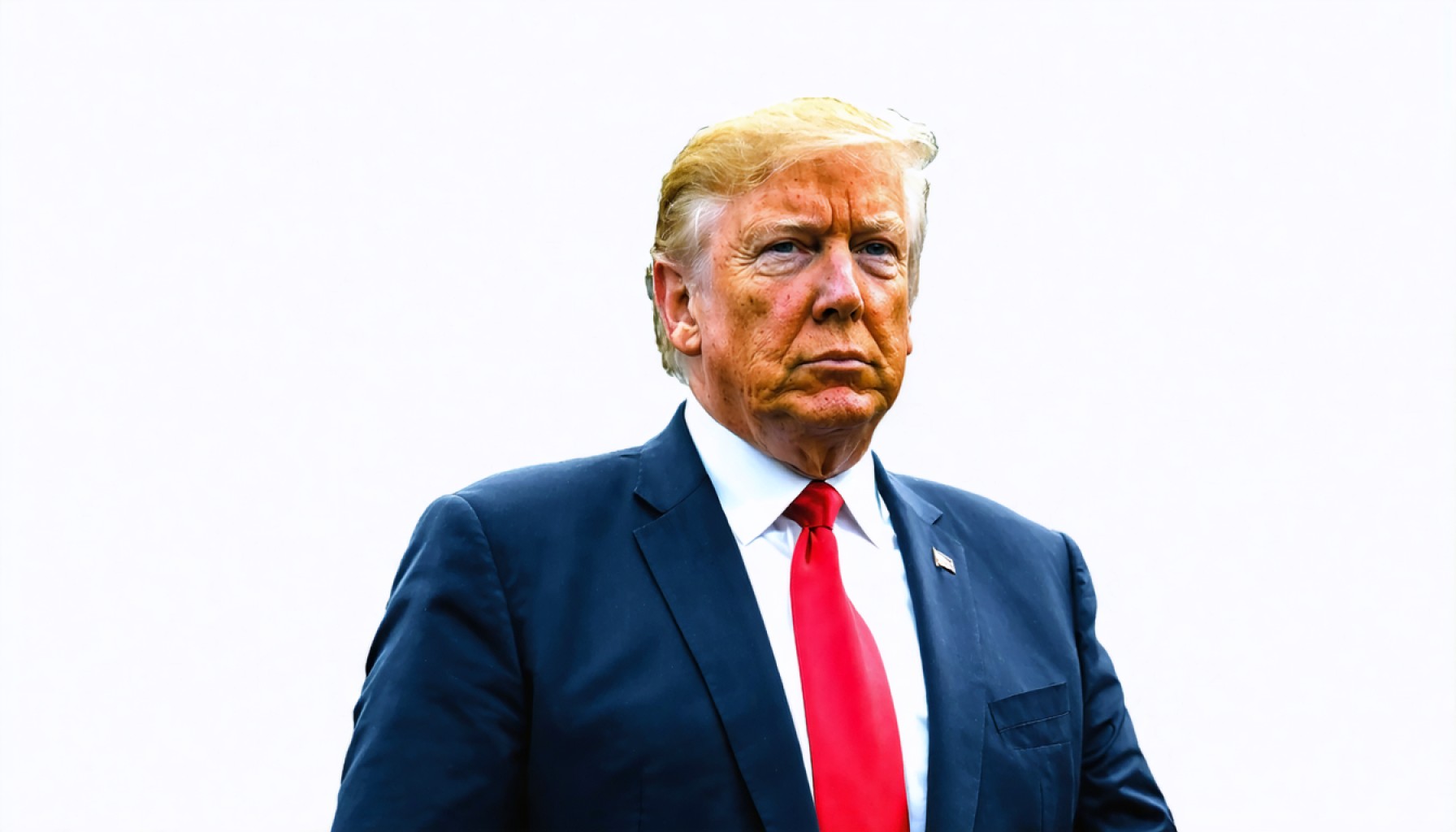- Jiang Chaoliang, a prominent Chinese political figure, is under intense investigation, highlighting issues of ambition and accountability in politics.
- At age 66, Jiang’s career has spanned significant roles, including governor of Jilin and Party Secretary of Hubei.
- This public revelation is unusual in Chinese politics, emphasizing integrity and ethical standards.
- Jiang’s case reflects that even influential figures are subject to the strict rules of China’s disciplinary systems.
- The investigation prompts broader reflections on the implications for those with power in the nation.
- The situation underscores the importance of transparency and ethics in governance, guiding future leaders.
Beyond the imposing doors of China’s political corridors, a storm brews. A long-standing member of the political elite, hailed for steering various provinces through key epochs, finds himself in the eye of a fierce investigation. The determined focus of national attention spotlights this unfolding drama, as news emerges that Jiang Chaoliang is under intense scrutiny.
At 66 years old, Jiang’s career reached notable heights: once the governor of Jilin, and later, the esteemed Party Secretary of Hubei. His journey, steeped in years of public service, now transforms into a cautionary tale of ambition and accountability.
The landscape of Chinese politics, vast and intricately woven, seldom includes such public revelations. Jiang, a prominent figure in the National People’s Congress Standing Committee and deputy director on agricultural matters, faces allegations casting long shadows over his decades of dedication.
This dramatic investigation underscores a vibrant message beating at the heart of governance: integrity remains non-negotiable. The proceedings challenge the perception of power, showing that even towering figures are not immune to the rigorous standards set forth by China’s disciplinary watchdogs.
As citizens gaze upon this unfolding saga, many ponder not only Jiang’s fate but also the broader implications for those who wield influence within the nation.
This moment serves as a potent reminder: in the ever-evolving landscape of leadership, transparency and ethics remain paramount, lighting the path for future stewards of the country’s promise.
Secrets of China’s Political Power: The High-Stakes Investigation of Jiang Chaoliang
How-To Steps & Life Hacks
If you’re intrigued by Chinese political dynamics and want to explore how such investigations unfold, here’s a simplified guide:
1. Understand the Structure: Familiarize yourself with the roles and responsibilities of Chinese political figures. For instance, the Party Secretary of a province holds significant power, acting as both a political and administrative leader.
2. Identify Key Institutions: Recognize the role of institutions like the Central Commission for Discipline Inspection (CCDI) in investigating party officials. They are pivotal in maintaining political integrity.
3. Follow the Media: Keep an eye on state-run media outlets for official statements, but also monitor international reports for a more nuanced perspective.
4. Learn from History: Study past cases of political investigations in China to predict potential outcomes or repercussions.
Real-World Use Cases
Jiang Chaoliang’s investigation could affect various facets of Chinese governance:
– Policy Implementation: Jiang’s policies in Jilin and Hubei might come under review, impacting the socio-economic landscape of these regions.
– Political Climate: This case reinforces the central leadership’s stance on corruption, potentially leading to more stringent examinations of other officials.
Market Forecasts & Industry Trends
The investigation into Jiang Chaoliang could signal increased scrutiny in sectors traditionally overseen by his office:
– Agriculture: As deputy director on agricultural matters, any policy changes could impact China’s large agricultural sector, influencing international trade.
– Regional Economies: Economic reforms in Jilin and Hubei might be re-evaluated, affecting local businesses and foreign investments.
Reviews & Comparisons
Comparing Jiang’s case to previous high-profile investigations provides valuable insights:
– Bo Xilai Case: Similar in public interest, the Bo Xilai trial exposed deep corruption and eventually led to major policy shifts on transparency.
– Sun Zhengcai Incident: Another prominent official, Sun faced severe consequences, which reinforced the zero-tolerance policy on corruption.
Controversies & Limitations
Controversies often surround political investigations in China due to:
– Opaque Processes: Lack of transparency can lead to speculation about the fairness and motives behind investigations.
– Political Purging: Critics argue some investigations may serve to eliminate political rivals rather than purely address misconduct.
Features, Specs & Pricing
While not directly applicable, understanding the “features” of Chinese political investigations involves recognizing their procedural and legal components.
Security & Sustainability
Jiang’s investigation emphasizes the need for sustainable governance practices, ensuring leaders adhere to ethical standards. Security in the context of political stability remains crucial.
Insights & Predictions
Experts predict that Jiang’s case might:
– Strengthen Anti-Corruption Efforts: Expect intensified crackdowns as the government reaffirms its commitment to clean governance.
– Influence Leadership Selections: Future party appointments might prioritize candidates with impeccable ethical records.
Tutorials & Compatibility
Exploring compatibility, one can study:
– Political Alignment: Understand how alignment with central policies can impact an official’s standing during such investigations.
Pros & Cons Overview
Pros
– Strengthened Integrity: Reinforces the idea that no one is above the law, promoting accountability.
– Public Confidence: Demonstrations of rigorous investigations might bolster public trust in governance.
Cons
– Disruption: High-profile investigations can destabilize regional administrative functions.
– Perception of Instability: Increased scrutiny can create a perception of political instability, deterring foreign investors.
Actionable Recommendations
1. Stay Informed: Regularly update your knowledge on international news platforms for the latest developments in Jiang’s case.
2. Analyze Impacts: Consider how such investigations could affect international business dealings with China.
3. Engage with Experts: Follow experts on Chinese politics on social media for nuanced insights.
For more information on broader Chinese politics, visit China Daily.
By staying aware and informed, readers can navigate the complex landscape of Chinese governance and make more informed perspectives on international policies and relations.
